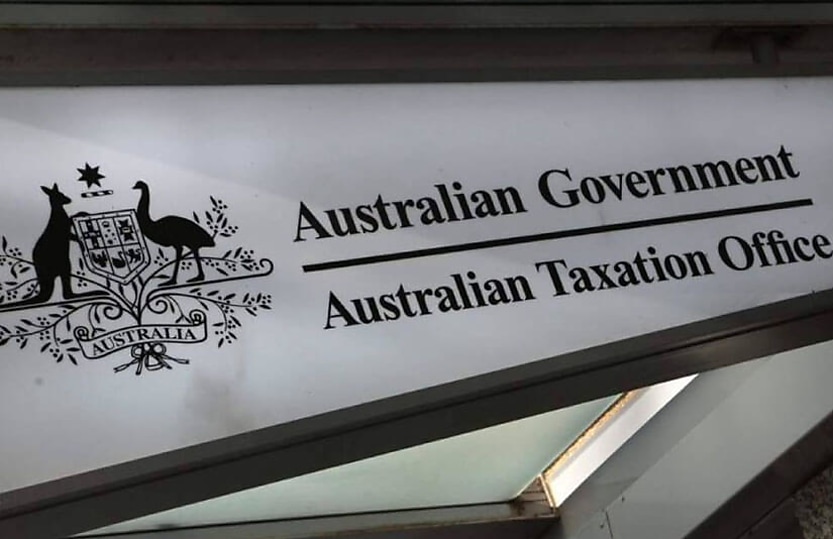ATO ruling flags common audit traps for self-education claims

Tax ruling TR 2024/3 outlines a range of common situations where self-education expenses will be denied or apportioned, the NTAA warns.
The ATO’s recent tax ruling on the deductibility of self-education expenses is a significant piece of guidance given that self-education deductions have traditionally attracted ATO scrutiny, according to the National Tax and Accountants Association.
TR 2024/3, released last month, sets out the ATO’s views on when deductions can be claimed for self-education expenses and replaces its previous self-education ruling TR 98/9.
“It provides clearer guidelines for making self-education claims by providing further clarification on the deductibility principles and by incorporating numerous developments and more examples,” said James Deliyannis, spokesperson for the NTAA.
However, Deliyannis warned that one of the most important aspects of the ATO’s new ruling is that it outlines a number of common situations in which claims for self-education are likely to be denied or apportioned by the ATO.
For example, situations where an employee undertakes a course of study in a particular field and obtains part-time or casual work in the same field while doing their course.
Claims for self-education expenses may also be denied or apportioned where an individual undertakes a course of study in a particular field and obtains part-time or casual work in the same field while doing their course, said Deliyannis.
The ATO will also deny claims where an individual travels overseas on a self-guided study tour or an individual travels interstate or overseas to attend a work-related conference that involves a private activity.
“The ATO’s new guidelines also make it clear that a deduction for self-education expenses will not be available where a self-education activity enables a taxpayer to get employment, obtain new employment, or to open up a new income-earning activity,” said Deliyannis.
“This can occur where, for example, a personal care and nursing assistant undertakes a course to become a registered nurse, or where a general medical practitioner undertakes further study to become a specialist dermatologist.”
The NTAA said that the ATO’s new deduction guidelines make it clear that a deduction for self-education expenses is only available where a self-education activity such as a course or study enables a taxpayer to maintain or improve the skills they require in carrying out their current income-earning activities or leads to an increase in income from their current activities.
[For example] an employee accountant undertakes a course in superannuation so that they can better advise clients on SMSF matters,” said Deliyannis.
“[Another example could be] an employee assistant manager that undertakes a business administration course that results in a promotion to the position of manager with their current employer.”
About the author

